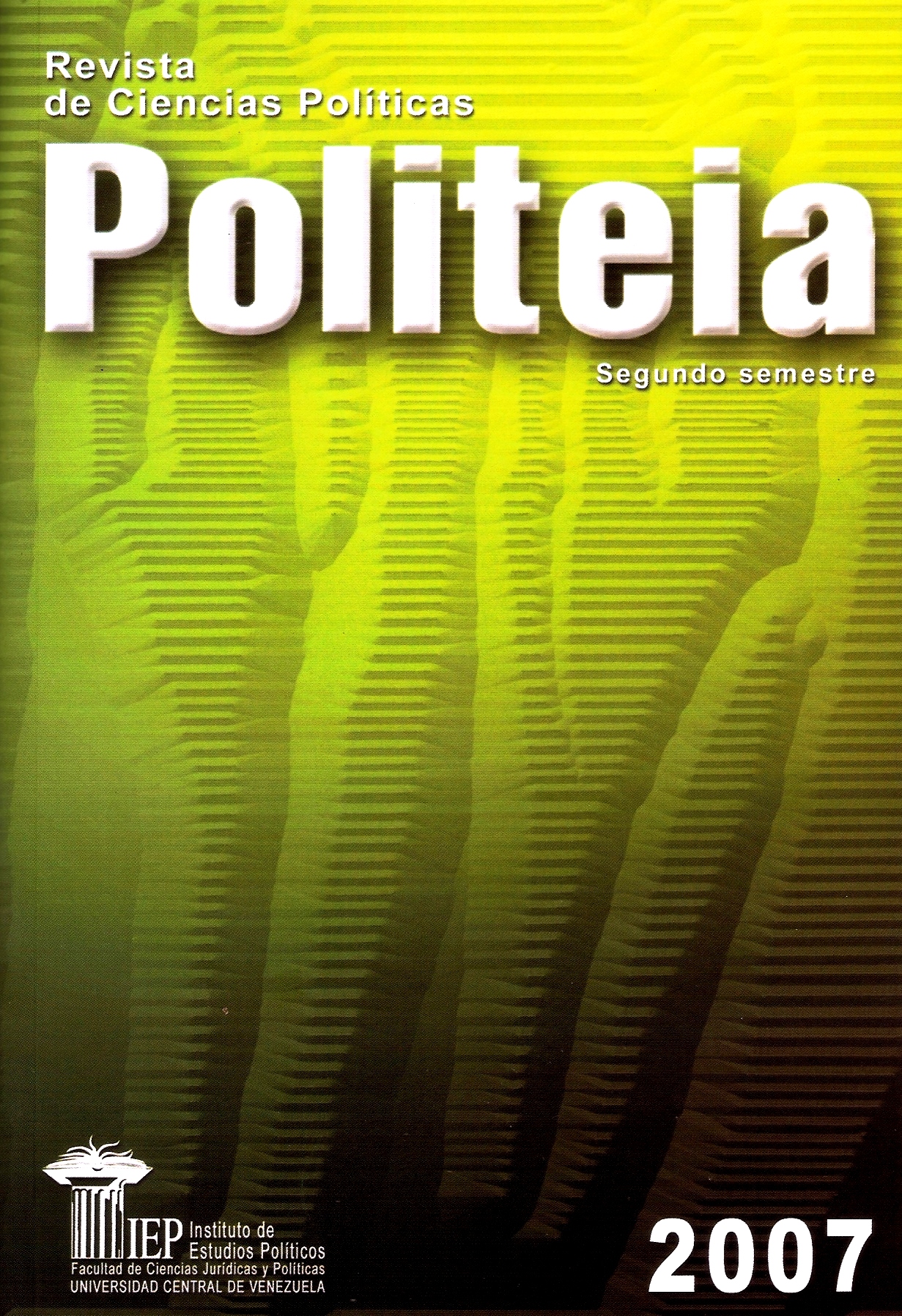La violencia como elemento integral del concepto de revolución
Palabras clave:
Revoluciones, Violencia, Ciencias sociales, Revolutions, Violence, Social sciences.Resumen
Resumen
Este artículo plantea la relación existente entre el fenómeno de la violencia y el término revolución, tal como es empleado en las ciencias sociales en general y en la teoría política en particular. La revisión de las obras de varios autores reconocidos que han trabajado el tema de la revolución permite apreciar que, en líneas generales, mientras los especialistas más representativos del siglo XX fueron claramente conscientes de la relación entre revolución y violencia, los nuevos estudios y tendencias tienden a prestar menos importancia a este vínculo. Esta situación sobreviene en buena medida como consecuencia del auge de los estudios culturales y del surgimiento de novedosos procesos de cambio político –considerados como “revoluciones”– al final de la Guerra Fría. Sin embargo, el autor considera que la violencia forma parte integral de la revolución como tal y, por ende, estima que los estudios actuales sobre las revoluciones enfrentan el reto de profundizar en el estudio de las nuevas modalidades de violencia que acarrean estas “nuevas revoluciones” de nuestra época.
Violence as an integrating element of the concept of revolution
Abstract
This article addresses the existing relations between violence and the term revolution, as used in social and political sciences. Upon reviewing the work of several well-known authors who have covered the topic of revolutions, it may be noted, broadly speaking, that while the more distinguished specialists of the XX century were clearly aware of the relation between revolution and violence, new studies and perspectives are inclined to pay little attention to this issue. This situation is partially due to increased interest in cultural studies and the advent of new processes of political change–considered “revolutions”– at the end of the ColdWar. Nevertheless, the author views violence as akey feature of revolution and, as a consequence, believes that these new perspectives in the study of revolutions face the challenge of carrying out a more in-depth research on the nature of the new modalities of violence derived from the “new revolutions” of our time.

